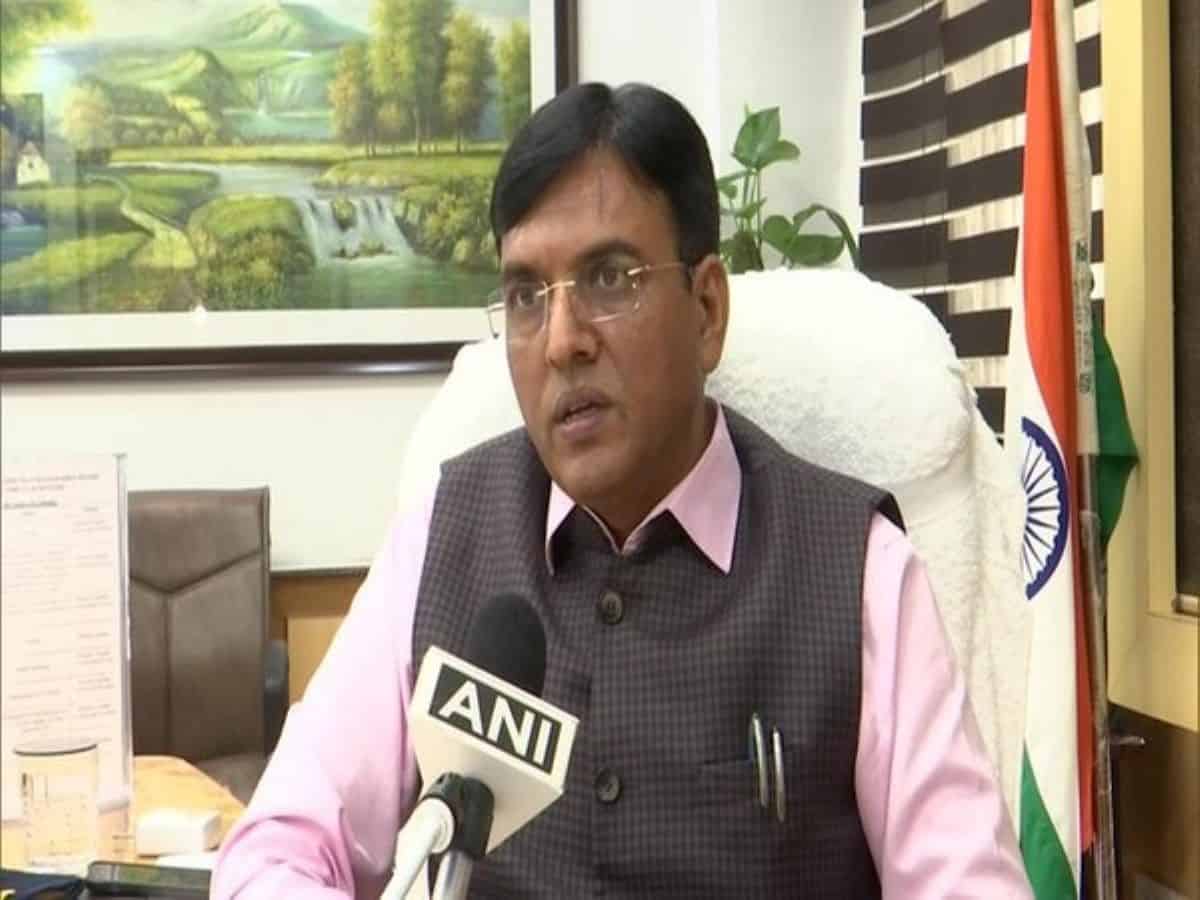
New Delhi: Over 15,000 organ donations are now made annually in the country as compared to 5,000 in 2013, Union Health Minister Mansukh Mandaviya said on Thursday.
“There cannot be a greater service to humanity than giving life to another person,” he said at the 13th Indian Organ Donation Day (IODD) ceremony here.
The ceremony was held to felicitate families who decided to donate organs of their loved ones, to spread awareness on deceased organ donation and recognise the contribution of medical professionals working in the field of organ donation and transplantation.
Addressing the gathering, Mandaviya said it is important to recognise and appreciate the contribution of all the people who have been part of this endeavour.
“In 2013, around 5,000 people came forward to donate their organs. Now there are over 15,000 organ donors annually,” he said.
He said the government has taken several steps for increasing organ donations in the country and the age limit of 65 years for donating organs has been removed.
The government, he said, is committed to bring in more policies and reforms to popularise organ donation in the country.
During the event, Make in India products like Novel Hemophilia A Rapid Card Test and Von Willebrand Disease Rapid Card Test of ICMR and an eCARe portal (e-clearance of afterlife remains) of International Health division of the Ministry of Health were launched by the minister.
The eCARe portal will help streamline and expedite the process of transporting human remains to India from different countries.
Besides, Haemophilia A and Von Willebrand Disease diagnostic kits were also launched at the event.
Haemophilia A and Von Willebrand Disease are the two most common inherited bleeding disorders.
The ICMR-National Institute of Immunohematology (ICMR-NIIH), Mumbai has developed a kit for diagnosis of Haemophilia A and Von Willebrand Disease, the ministry said.
The kit is likely to change the diagnostic landscape of bleeding disorders not only in our country but in several other developing countries where diagnostic facilities are either lacking or not up to acceptable standards, it said.
